Can You Use Baking Soda to Kill Bed Bugs?
Will baking soda kill bed bugs? The short answer is no. Unfortunately, sprinkling baking soda on your mattress, furniture, and carpeting will not harm or kill bed bugs.

Will baking soda kill bed bugs? The short answer is no. Unfortunately, sprinkling baking soda on your mattress, furniture, and carpeting will not harm or kill bed bugs.

You might have heard anecdotes about people using baking soda to kill bed bugs. Is there any truth to these tales? The most likely answer is no. Baking soda doesn’t have any qualities that would cause harm to these common creepy-crawlies.
Ready to read more about it? We’ve got the facts you need in this guide to why you shouldn’t count on baking soda to take care of your bed bug problem.

The reason people think baking soda would work to kill bed bugs is that it’s a powder that tends to be drying. In some cases, if an insect is covered in a powder, the powder absorbs liquid from the bug, dehydrating it. In theory, some folks believe baking soda can accomplish this mission, leading to quick deaths and the termination of the bed bug infestation.
Unfortunately, baking soda doesn’t work that way. Instead of dehydrating the bugs, it’s more likely to just break down when exposed to moisture. So, even if the powder does make it into the insects’ shells, which is unlikely, it’s not going to do enough harm to kill them.
Other theories might be that baking soda is sharp enough to irritate and cut up the insects’ exoskeletons or that it’s harmful if the bug were to eat it. On the first note, it’s not true; baking soda isn’t abrasive enough to cause damage to the insects. And on the second, bed bugs drink blood and wouldn’t ingest baking soda.
Another reason you can’t really use baking soda to kill bed bugs is that bed bugs hide in tight spaces. Even if baking soda worked, there’s no way you’d be able to get it into every crack and crevice where your creepy-crawly bedmates are hiding. These areas might be tiny cracks in your headboard, the space between your carpet and the baseboard, or between the boards of a wood floor.
If you’ve thought about the ways baking soda might kill a bed bug, you also might have considered diatomaceous earth, which is a substance that does work to dehydrate bugs. It also works by damaging their exoskeletons.
This substance can be used to exterminate other types of insects, such as crickets and slugs, but it’s not effective on bed bugs. A small 2013 study found diatomaceous earth ineffective when it comes to controlling bed bugs. The conclusion was that while it’s good for softer-bodied insects, bed bugs aren’t particularly prone to dehydration from powdery substances. The study did show some improvement when diatomaceous earth was used on a small infestation where the residents weren’t home much, but for typical infestations, it’s considered ineffective.
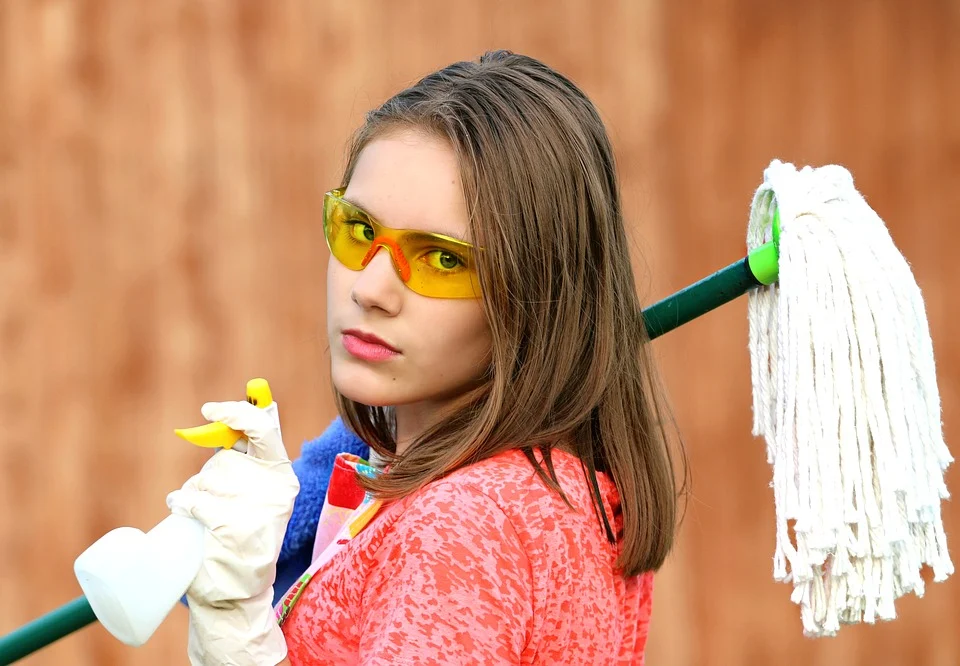
There are a variety of do-it-yourself bed bug remedies floating around the internet, but do any of them work? Here are several that you might have read about:
So, if bed bugs are so difficult to get rid of on a DIY basis, what should you do if you see the signs of an infestation?
The best treatment for bed bugs is a combination of at-home measures and professional help.
The fastest way to get rid of bed bugs is to call an exterminator. These pros see bed bugs all the time and know how to rid you of your problem quickly and as simply as possible. They’ll use a combination of manual cleaning and chemicals to physically remove the bugs they can see and kill the ones they can’t see.
Remember that bed bugs hide in tiny crevices, so any home remedies you try aren’t going to be able to get to them. They also lay eggs, which are not always susceptible to the same substances that kill adult bugs. This combination of attributes makes bed bugs notoriously difficult to evict once they’ve found a comfy spot in your home.
In addition to securing the services of a professional exterminator, you can help the situation along by keeping the area as clean as possible. Strip your bed and wash all of the bedding on high heat. Dry it on high, too. Keep the comforter from draping down to the floor. Vacuum all around the bed, mattress, bed frame, and floor under and around the bed. If you have books, clothing, or anything else stacked up anywhere near the bed, remove it and clean around it.
When you combine your efforts with those of a pro, you’ll be saying buh-bye to those bed bugs in a matter of a week or two. While you can’t use baking soda to kill bed bugs effectively, teaming up with an exterminator will have you itch-free as quickly as possible.
Feature image by NatureFriend / Pixabay
Article image by Serene Vannoy / Flickr
Article image by klimkin / Pixabay
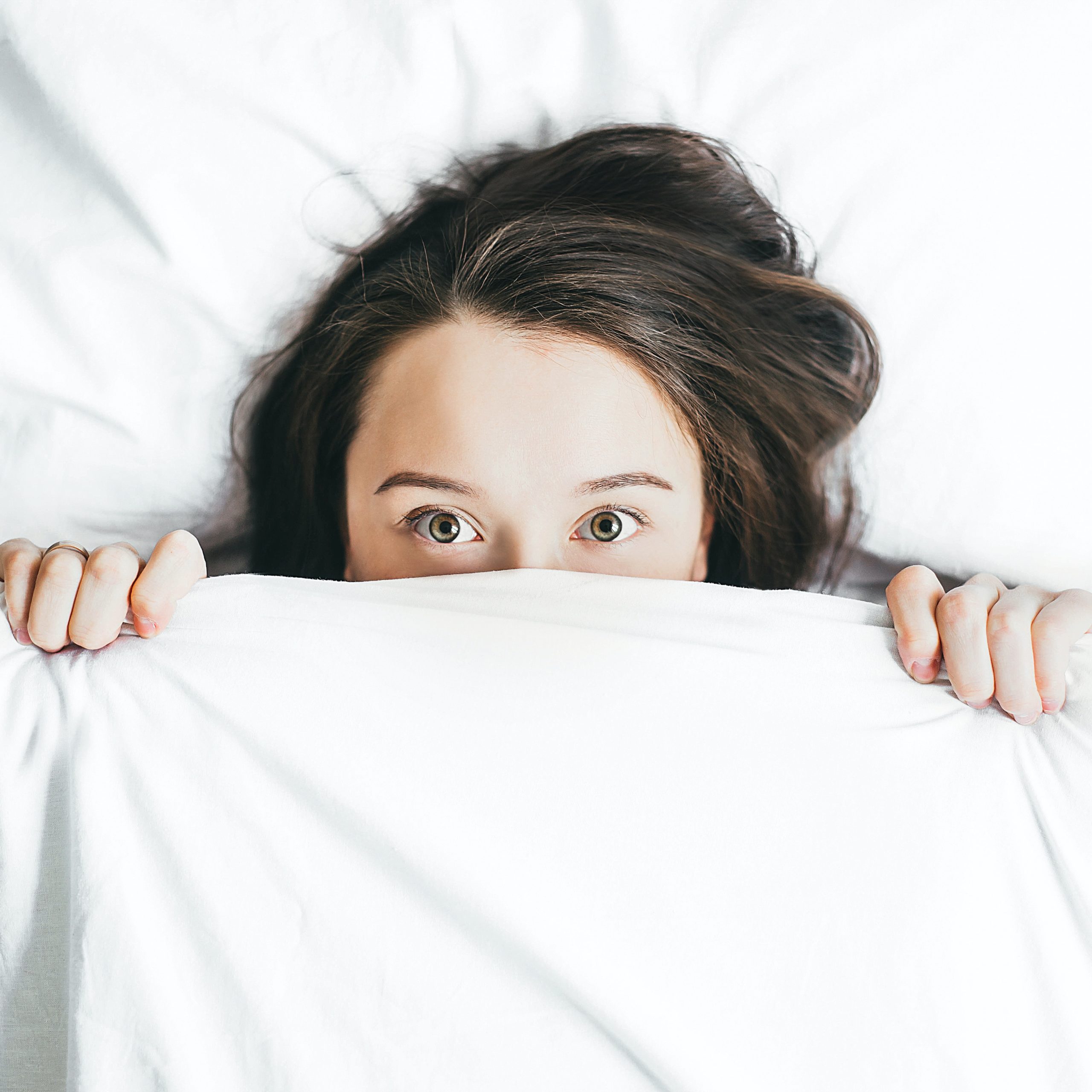
If you’ve been up scratching at night, you might have one question: Can permethrin kill bed bugs? The answer is yes, it certainly can.
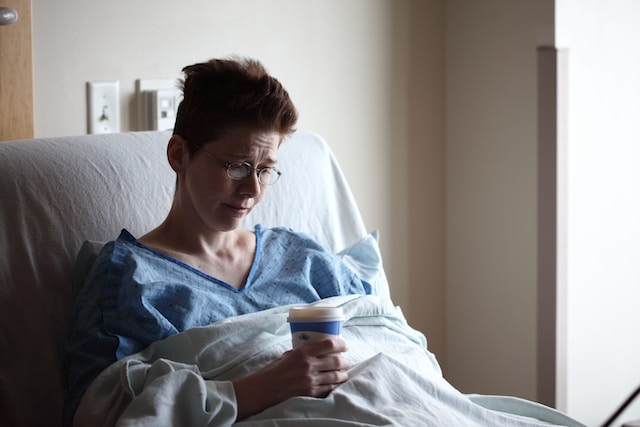
Can bed bugs make you sick? They can, in some cases. If you’re dealing with bed bugs, you could also be at risk for allergies, itching, insomnia, infections, and more.
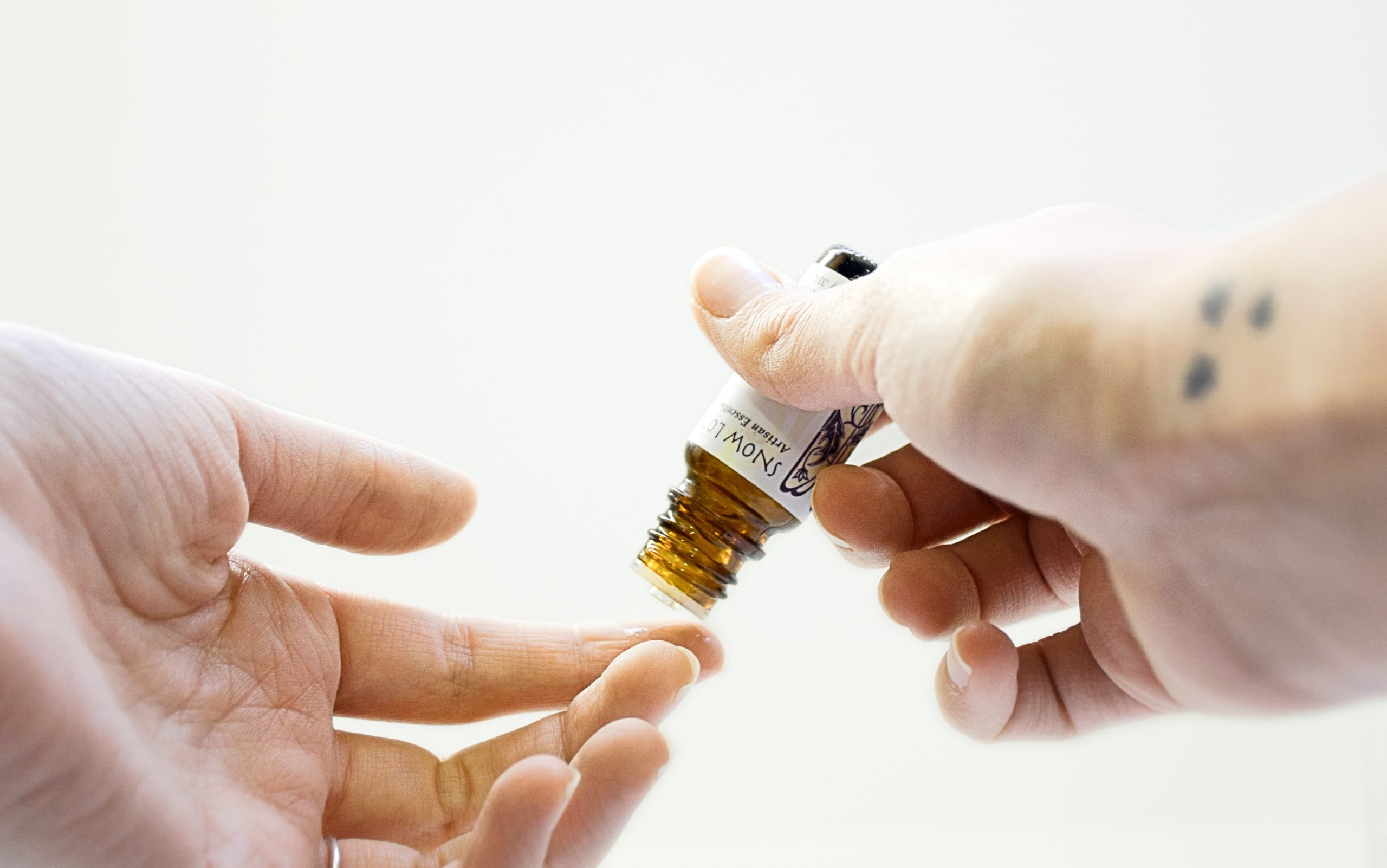
With so many uses, peppermint oil is a powerhouse when it comes to reducing various physical maladies and cleaning. But does peppermint oil kill bed bugs?
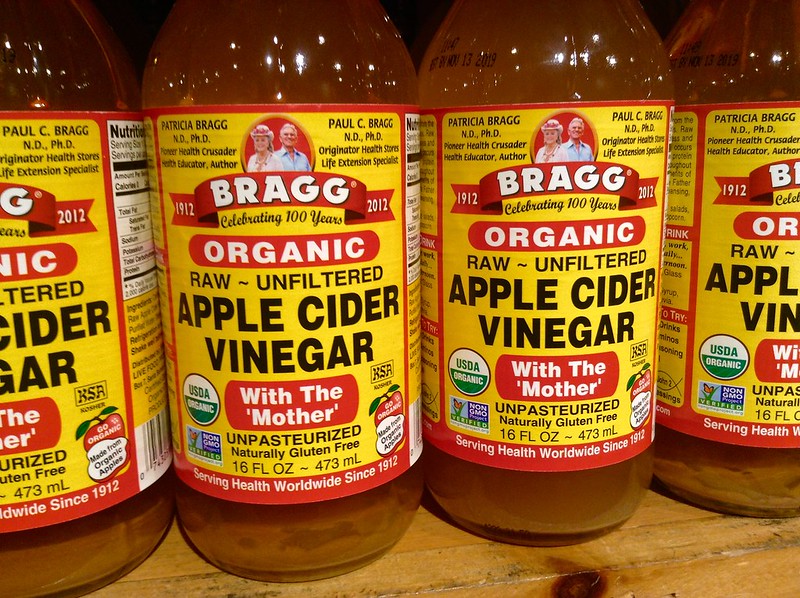
Vinegar has a lot of uses in the home, and it’s often touted as a way to repel or even kill insects. But does vinegar kill bed bugs? Let’s find out.

Does Raid kill bed bugs? After all, it makes quick work of ants, cockroaches, and other household pests. It’s a common question and one that has a multifaceted response.